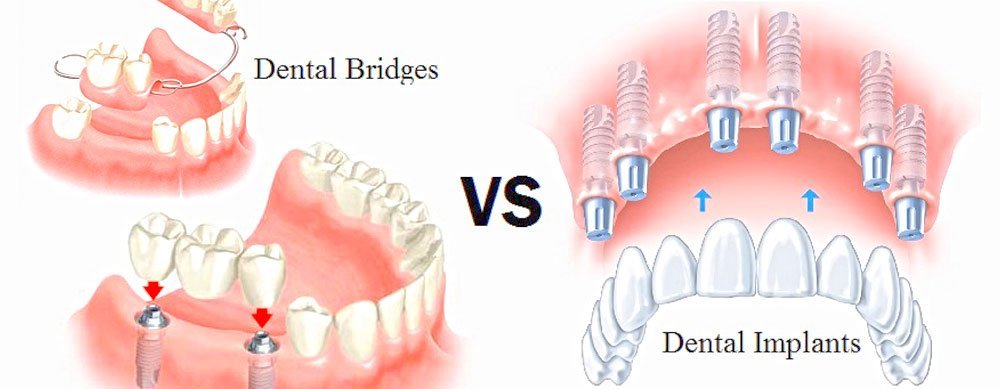Dental Implants vs. Dentures vs. Dental Bridges
Replacing teeth has greatly improved recently. Missing teeth can lead to infection, but the right replacement is key for a confident smile. Now, you should ask your dentist these questions: How does a dental bridge differ from an implant? Which treatment option is better for me? Dental Implants vs Dentures If you’re missing many … Read more



